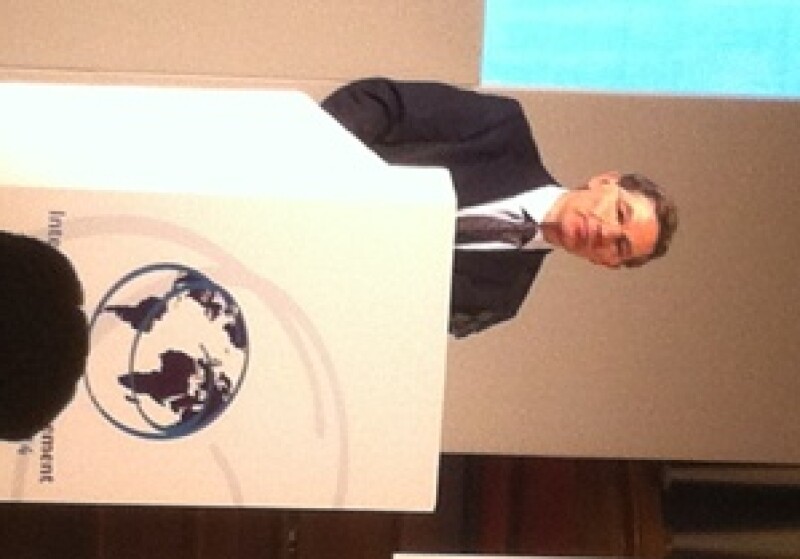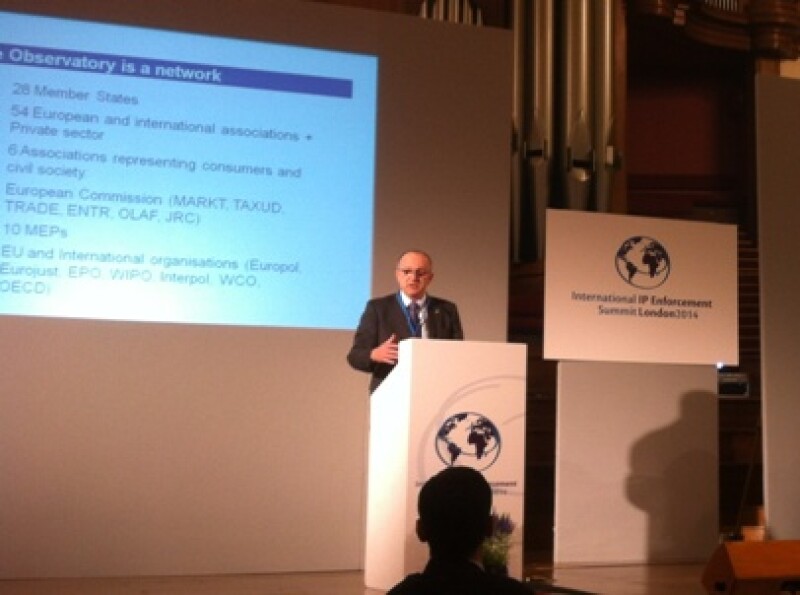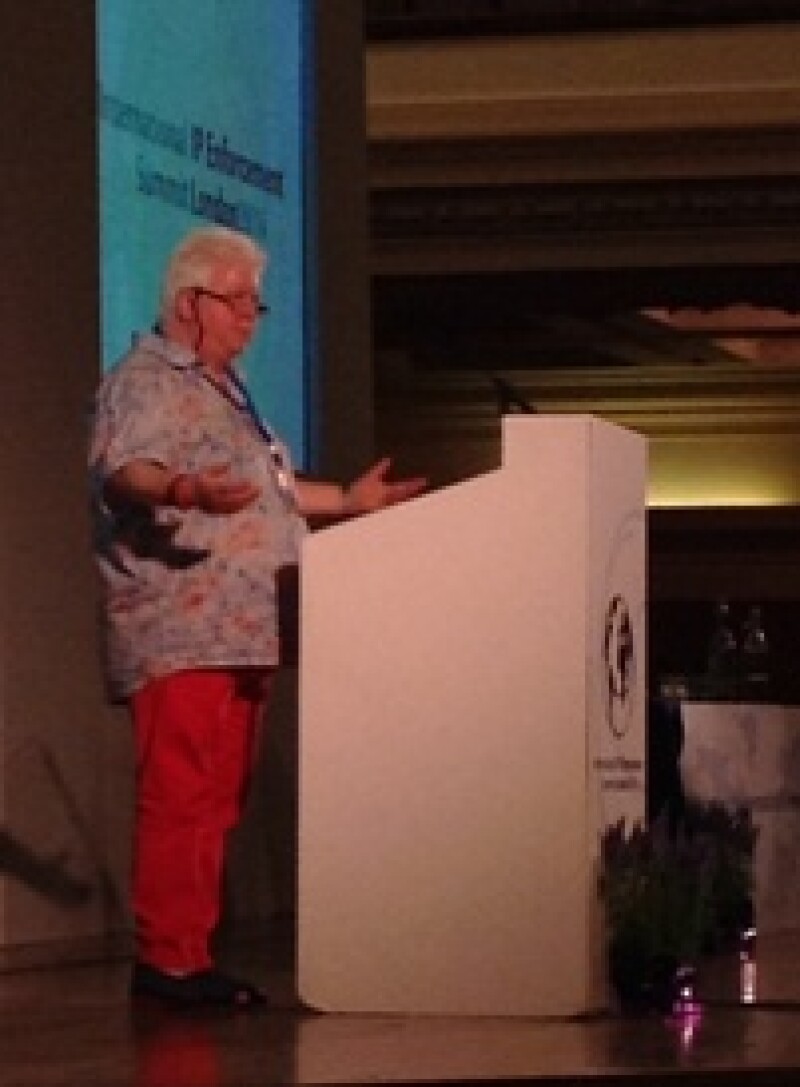
Closing the Summit on Thursday, UK IP minister Lord Younger celebrated its achievements saying: “We have created a springboard for change, a platform which sends a clear message to infringers.” He noted that there is a shared ambition to be smarter and more effective, collaborate more, use technology better and educate consumers more effectively.
Participants, who all spoke eloquently and wisely, included government ministers and EU officials, police and Customs representatives, businesspeople and leaders of industry associations (see reports on the speeches by Paul Polman and Simona Vicari). The Summit apparently reached some 9.5 million people on Twitter and led to articles being published in the Guardian, Evening Standard and Independent newspapers.
Pretty impressive, in many ways; and it was encouraging to hear about much of the work that is going on not just to deal with IP infringement but also to prevent it. And yet I suspect I was not the only person who left the Summit thinking that there was rather too much nodding in agreement between those present, while outside on people’s laptops, in street markets and holiday resorts life – including IP infringement – continues as normal.
Some of the speakers recognised this. Younger himself spoke of the need to reach out to consumers; Mike Weatherley MP (the prime minister’s adviser on IP) said he wants to bring together rights owners and users in the coming year; and Karen Bradley MP (the UK minister dealing with organised crime) talked about the role mothers can play in making sure their children observe IP rights (something which, perhaps, she should take up with the popular website Mumsnet).

Above all, OHIM President Antonio Campinos talked passionately about the risk of “losing the battle” given the “alarming” levels of infringement among 16-to-24 year olds, and the need to “change the narrative” when communicating with them.
So what has to happen next? I think three things stand out.
First, future events like these must find ways to bridge the gap between consumers and rights owners. There may not be much benefit to anyone in inviting coach-loads of students to discuss what’s on their iPhones but why not involve consumer groups, retailers associations and student unions? I don’t think any of these were represented last week.
Second, rights owners and enforcement agencies need to back up their statements with proper, evidence-based arguments: consumers are not as stupid as some people might like to think. Repeating over and again that fake airline parts and pharmaceuticals are dangerous is all very well, but many consumers won’t connect that danger with downloading the latest Lady Gaga single for free, or streaming Game of Thrones from an unauthorised site. Similarly the oft-repeated assertions that IP infringement funds other forms of organised crime such as drug and people trafficking need to be supported by evidence and examples.

Third, IP owners and officials must tackle the difficult questions that come up when you talk about enforcing IP rights, particularly online, for example concerning censorship and free speech. Officials also have to be prepared to address areas where policies appear inconsistent – questions about the impact of plain packaging on counterfeit cigarettes were conveniently ducked at the Summit.
The Summit was a great initiative, and something that Lord Younger can take much credit for. He said he wants to build on it with a year of IP enforcement. But he will realise that the work from here onwards will only get harder.
Photos, top to bottom: Lord Younger; Paul Maier of OHIM; and crime author Val McDermid, who all spoke at the Summit









